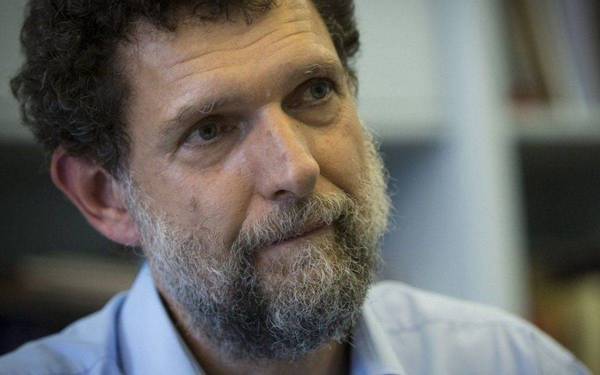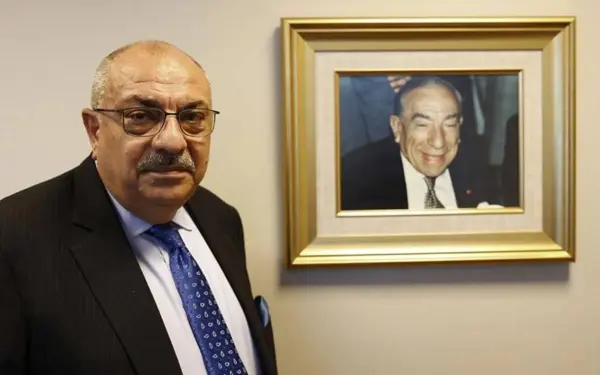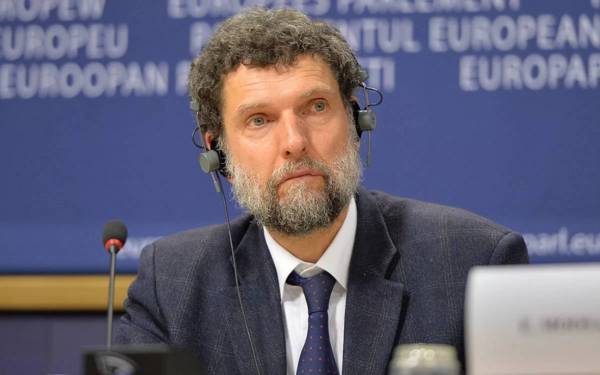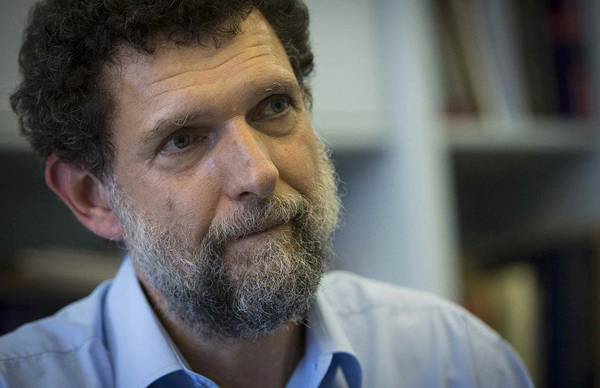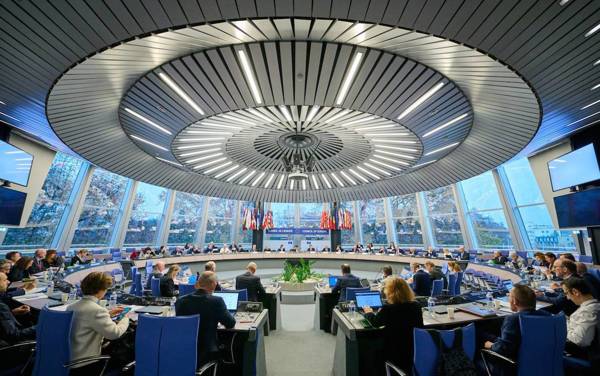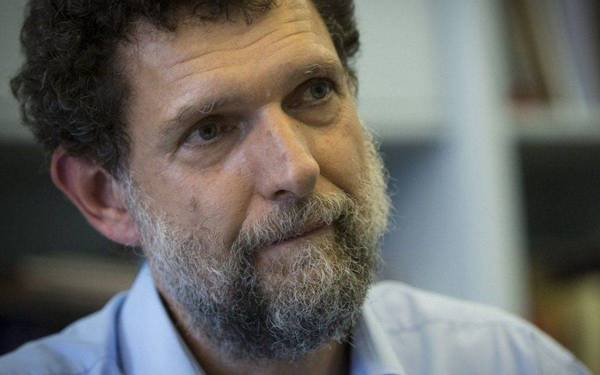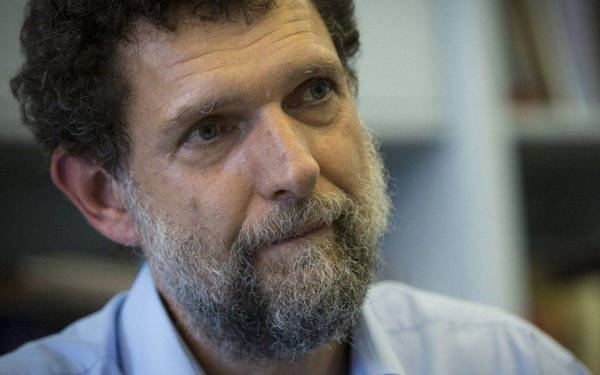Imprisoned philanthropist Osman Kavala has submitted a new appeal through his attorneys following the Justice Ministry’s rejection of a previous request for retrial.
This second appeal, submitted by lawyer Hilal Zengin, references the 2017 Constitutional Amendment Referendum. In her petition to the Ministry, Zengin highlights that the referendum marked a significant shift in Turkey's system, transitioning from a parliamentary system to a presidential one. She argues that the previous government entities, such as the Prime Minister and the Council of Ministers, which were considered the victims, no longer exist under the new system.
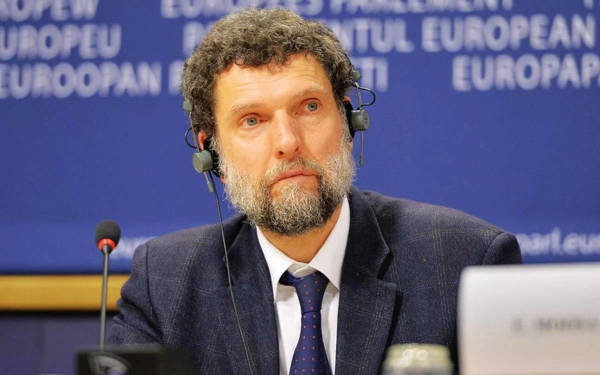
Justice Ministry rejects Kavala’s retrial request
Citing Article 311 of the Criminal Procedure Code (CMK) and the principle of "new event - new fact," she contends that the charge of "attempting to overthrow the government" is no longer applicable.
Zengin has requested that a copy of the petition be sent to the Presidency to inquire whether their complaints persist. Additionally, she sought a written opinion on whether the former parliamentary system had been integrated into the new system.
Kavala did not 'organized or financed' protests
Citing the Financial Crimes Investigation Board (MASAK) and the National Intelligence Organization (MİT), Zengin asserted that Kavala had not organized or financed any mass protests and had actively worked towards a consensus during the Gezi protests. MASAK records corroborate this, and she requested MIT’s opinion on the matter, stating, “Osman Kavala is a clean citizen of the Republic of Turkey. Contrary to the created perception, my client Osman Kavala is not a political or military spy.”
Zengin explained that the purpose of their request for retrial is to aid in the normalization of the legal system and contribute to general improvement, aligning with President Recep Tayyip Erdoğan’s efforts against clandestine structures. She emphasized that understanding the significance of this statement would become clearer over time and urged those in positions of responsibility, particularly the Minister of Justice, to take action.
Abdülkadir Selvi, a columnist for the pro-government newspaper Hürriyet, addressed this point in his May 2 article, arguing that since the system of government has changed, the positions of Prime Minister and Council of Ministers no longer exist, and thus there can be no crime without a victim. He noted, “Because that system was abolished, President Erdoğan is running for the presidency for the second, not third, time. The Supreme Election Council rejected objections to Erdoğan’s candidacy for this reason.”
Osman Kavala's imprisonment
Businessperson and rights defender Osman Kavala was detained on October 18, 2017, in an investigation into the 2013 Gezi Park protests. He was arrested on November 1 and placed in the Marmara (Silivri) Prison.
The justification for his arrest was his alleged attempt to 'overthrow the government' in the context of the Gezi protests and his alleged attempt to 'overthrow the constitutional order' in the context of the July 15 coup attempt.
He was acquitted in the Gezi Trial on February 18, 2020. However, he was not released. On the day of his acquittal, he was re-arrested on charges of attempting to 'overthrow the constitutional order.’ On March 9, 2020, he was arrested again under the same trial, this time on charges of 'political or military espionage'.
The acquittal decision in the Gezi trial was overturned, and he was retried. On April 25, 2022, he was sentenced to aggravated life imprisonment for 'attempting to overthrow the government'. The appeals court upheld the decision.
Meanwhile, the European Court of Human Rights (ECtHR), in its decision of December 10, 2019, determined that Osman Kavala's detention was arbitrary and based on political motives. Therefore, it ruled that Osman Kavala should be released immediately.
Due to Osman Kavala not being released in accordance with this decision, the Committee of Ministers of the Council of Europe initiated a 'violation procedure' against Turkey.
In its decision on July 11, 2022, the ECtHR Grand Chamber ruled that "[the decision of December 10, 2019] regarding Kavala, which found a violation of Article 5 in connection with Article 18 of the ECtHR, would render any action based on accusations related to the Gezi Park events and the coup attempt null and void."
However, courts ignored and did not implement the legally binding nature of these two decisions.
(HA/VK)





